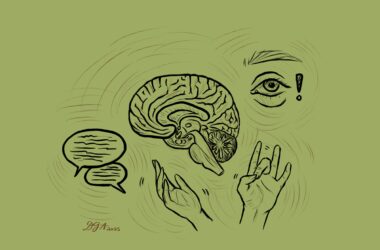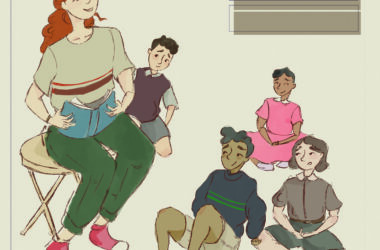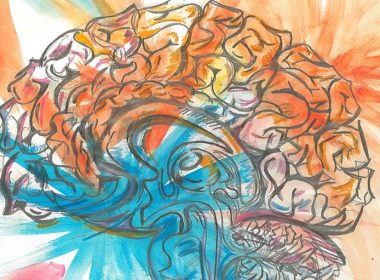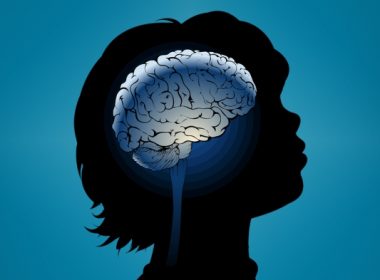When the federal government unveiled its new Framework for Autism in Canada strategy last year—following years of activism demanding a plan to address disparities—the reaction from families impacted by autism was strongly critical. Opponents argued that the new autism strategy lacked two essential ingredients: Dedicated funding and firm deadlines. This[Read More…]
Tag: autism
Unveiling the adaptive roles of autistic behaviours
Autism, also known as autism spectrum disorder, affects approximately one in 100 children worldwide. It constitutes a diverse group of brain development conditions that impact how individuals perceive and socialize with others, often leading to differences in social interaction and communication in comparison to their neurotypical peers. One of the[Read More…]
Quinni of ’Heartbreak High’: Finally, a successful example of autism representation
On Sept. 14, Netflix released Heartbreak High, a remake of the 1994 Australian coming-of-age TV show of the same name. Critics praised the series for its realistic portrayal of high school and the diversity of experiences the show depicts. The series remained in Netflix’s Top 10 list in 43 countries[Read More…]
A mother’s fight to bring an understanding of autism outside of the clinic
From last century’s fears surrounding poor parenting to modern vaccine hesitancy, persistent misconceptions about the causes of autism have often resulted in the developmental condition being wrongfully associated with moral panic. During a recent talk hosted by McGill’s Division of Social and Transcultural Psychiatry for the Culture, Mind and Brain[Read More…]
Reading for meaning: A new intervention for children with hyperlexia
Children diagnosed with autism spectrum disorder often have difficulty thriving in a modern education system that is not designed for their needs. Developing language skills, in particular, can be challenging for these children. Between 6 to 21 per cent of children with autism have a syndrome called hyperlexia, where they[Read More…]
‘I feel you’
Empathy is often talked about in popular culture, particularly within the realms of politics, advertising, and psychology. Articles from ‘Why Empathy May Be Your Most Important Business Skill’ to ‘How to Avoid the Empathy Trap’ are popping up all over the internet. Generally, popular culture labels empathy as a positive,[Read More…]
“But, you don’t seem autistic!”
Last October, my best friend, who has autism, told me that he thought I might be on the spectrum. I was skeptical: I’m not into trains, I take turns in a conversation, and I’m good at giving relationship advice; I’m not autistic. Still, his comment prompted me to do some[Read More…]
Learning a second language may benefit children with autism
For many, fluency in more than one language would be considered an obvious asset. Yet, the concept of a “bilingual advantage” is still widely debated, particularly for children with Autism Spectrum Disorder (ASD). Often, parents are advised to raise children with ASD monolingually to avoid compounding potential language delays resulting[Read More…]
McGill researchers identify possible treatment for autism-like disorder
Autism Spectrum Disorder (ASD), commonly known simply as Autism, comprises a range of neurodevelopmental disorders, with varying degrees of symptoms such as repetitive behaviors, impaired communications, and poor social engagement. According to the Centers for Disease Control and Prevention, one in every 68 children across the globe, or 70 million people,[Read More…]














